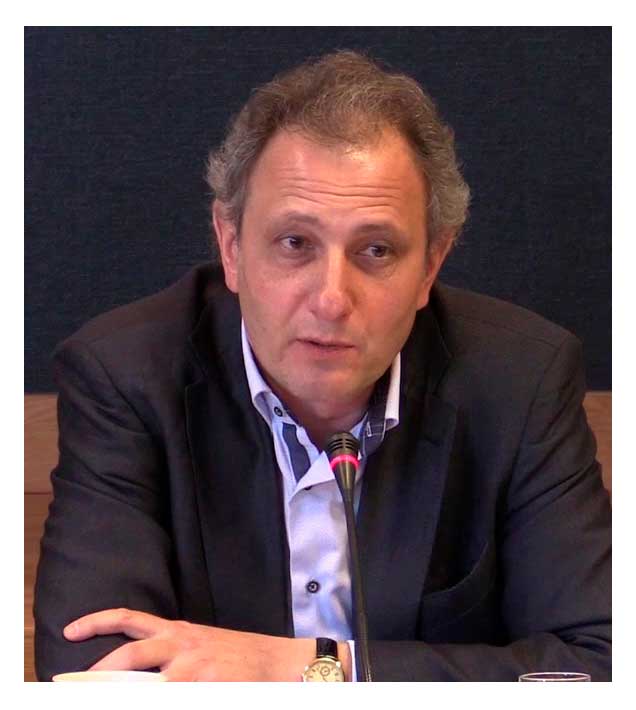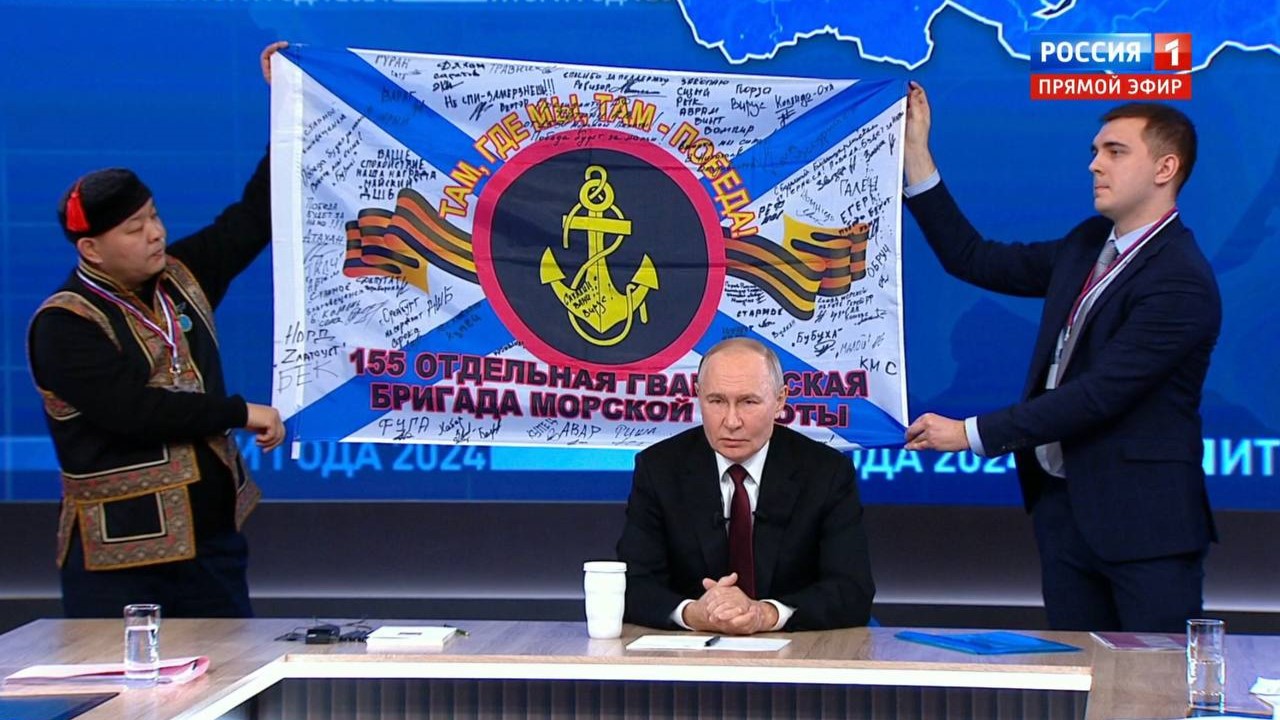 Lithuanian President Gitanas Nausėda drew attention to the renaming of the museum of the classic of Lithuanian literature Kristijonas Donelaitis in the village of Chistye Prudy (formerly Tolmingen in East Prussia), calling the event «rewriting history».
Lithuanian President Gitanas Nausėda drew attention to the renaming of the museum of the classic of Lithuanian literature Kristijonas Donelaitis in the village of Chistye Prudy (formerly Tolmingen in East Prussia), calling the event «rewriting history».
Museum (In)valuables
Of course, there was no urgent need to rename a small museum to Literary. The justification also seems absurd: to develop the museum and new routes in the Kaliningrad region. Routes can be developed without renaming, not to mention that the memorial church and grave already had the status of a branch of the Kaliningrad Regional Historical and Art Museum. The motive cannot be hidden: it is an absurd attempt to rid everything Western, including in culture, and a particular desire to offend Lithuanian neighbors. Against the backdrop of the regular destruction and desecration of places of memory of repression victims, including Poles and Lithuanians, throughout Russia, the renaming can be considered, in the current terms of Russian authorities, also a «gesture of goodwill». And they could have abolished the museum altogether.
However, it is important to understand that «rewriting history» and the accompanying vandalism are directed not only outward: internal Russian repressions of national memory are quite extensive — from an official's proposal to remove the Solovetsky Stone from Lubyanka to a real war with the «Last Address» project (the recently torn-off plaque of Osip Mandelstam's memory — an act of complete rejection of one's own culture and a conscious plunge into archaic barbarism).
It is characteristic that President Nausėda's emotional words about the memory of Little Lithuania, a region of East Prussia, were interpreted as territorial claims and became a reason for a micro-hysteria in the pro-Kremlin media environment. Thus, the modest action of the Kaliningrad authorities, intended to please the «cultural» or other regional leadership, acquired the character of a near-world redivision. In fact, it is a property of the Putin regime to create difficulties for itself and actively fight them: what began in February 2022 not only exacerbates relations with «unfriendly» neighbors to absurdity but also with potential allies, as happened with Azerbaijan. Russia punishes itself, for example, by losing the Black Sea as a result of a massive and entirely man-made, directly related to the «special operation», ecological disaster. None of this would have happened — from the tragedies of millions of families, including Russian ones, to the modest and meaningless renaming of a museum in the Kaliningrad region — if the man-made conflict in eastern Europe had not been going on for three years.
Dvizhukha — «Putin's Doctrine»
The question «Why?» remains key. Although answers have been received personally from Putin. Firstly, it became boring. The golden antelope continued to pour money into the homeland's coffers, the population was mired in all-consuming consumerism, forgetting the covenants of ancestors — internal colonizers and autocracy with its traditional values in the form of political investigation, oprichnina, and external «defensive» expansion. Something had to be done. That is — organize «movement». Now — no one is bored. The whole world is shaking. And secondly, without this external «defensive» expansion, Putin explained, «sovereignty», the very existence of Russia, is impossible.
That is, of course, it is quite possible, and no one encroached on sovereignty (without quotes). But Russia, in Putin's understanding, despite all the authoritarian tendencies of two decades, was turning into an ordinary, quite prosperous, with its nuances, but Western country. This is an insufficient status for a great power: Russia must be a despotism for its own and a scarecrow for the outside world.

Its leader should not just be a president, especially a replaceable one, but an autocrat, the master of an empire stretching at least within the former USSR's borders under the «Brezhnev Doctrine» (that is, where the Soviet soldier once stepped; «Putin's Doctrine» — «Russia has no borders»). An empire capable of speaking on equal terms with the USA and no one else, except perhaps China. Everything else is insignificant — these are small countries, including the limitrophes formed as a result of the collapse of the Russian Empire, as well as the states of Central and Eastern Europe that were within the sphere of influence of the former Soviet Union.
The world needs to be re-divided among the big players, so big that among the «Anglo-Saxons» only the USA matters, while Britain and EU members are considered merely satellites of America. That is, thinking returns to spheres of influence with attempts to impose a world order that personally suits Putin on most of the world. Building BRICS, he sees himself as the master of the «world majority», including the «global South».
In this context, ending the hot phase of the Ukrainian catastrophe would not hurt, but, of course, on the terms of the big player — Putin's Russia, in agreement with another big player — the Trumpist United States. Other states with «limited sovereignty» should sit in the waiting room on the edge of a hard children's chair and wait for the big deal of the big bosses. If it happens, of course. If not, then Putin, located somewhere in a kind of political «cloud services», is ready to continue the hot phase: he stated this more than once at the end of 2024.
Doomsday Safeguards
The Kremlin may look ironically at the not entirely «sovereign» world, watching with some sympathy Trump's escapades regarding Greenland, Canada, and Panama. The events confirm the validity of the classic Putin whataboutism’ — all big leaders do «this», that is, engage in neo-imperialism, claiming various territories (here it is also appropriate to recall at least the Chinese-Taiwanese problem). Moreover, all these plots clearly distract the incoming American president from the Ukrainian problem, they are much more, as they say, sexy and juicy, juicy, bright, and attractive. If Trump does not cope with the Ukrainian issue — no big deal, Putin is ready to continue the «special operation», sincerely believing that he has the financial, material, physical, and psychological resources for this.
Against the backdrop of today's disorganization, the world of the past Cold War seems clear, with clearly defined rules, predictable, stable, and, despite the nuclear arsenals of superpowers, relatively safe. When after 1979 détente finally collapsed, the USSR moved towards economic collapse, and Andropov's intransigence in nuclear diplomacy dangerously intensified the confrontation with the West, the Soviet model exhausted its life resource. Similarly, when Stalin tightened his regime in the early 1950s and the confrontation with the West and his own people took on very severe forms, the Stalinist model lost its vital energy as a result of the despot's demise. Each time some amazing safeguards worked, and the world retreated for a while from the catastrophic brink.
Do such safeguards exist now, when the old world order is crumbling, and new configurations do not deserve the name «order»? This is a big question with no answer, and 2025 is very important in this sense because it is associated with hopes for peace in Ukraine and a reduction in tensions in several other points on this planet. If a peace agreement fails, if at least temporary compromises are not found, the dangerous position of the Doomsday Clock will become another routine. The banality of evil will only be complemented by the banality of a possible catastrophe. Perhaps not instantaneous. But life inside the «horror without end» is becoming increasingly tiresome. So another big question is logical — does time work exclusively for Putin? Maybe he should also come down from the cloud to the «realities on the ground», where technological and environmental disasters occur, and inflation approaches double digits, and hurry up with peace?
*Andrey Kolesnikov is considered a «foreign agent» by the Russian Ministry of Justice.
Photo: 1tv.ru.